Life
Sign up for our newsletter
We summarize the week's scientific breakthroughs every Thursday.
-
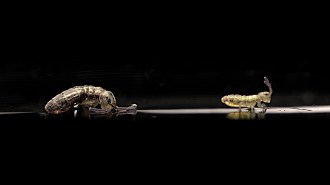 Life
LifeVideo reveals that springtails are tiny acrobats
Poppy seed–sized cousins of insects, famed for wild escape leaping, right themselves in mid-falls faster than cats.
By Susan Milius -
 Animals
AnimalsDeer-vehicle collisions spike when daylight saving time ends
In the week after much of the United States turns the clock back, scientists found a 16 percent increase in crashes between vehicles and deer.
-
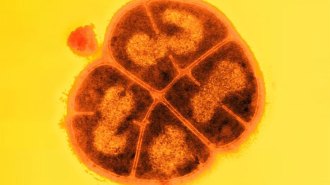 Microbes
MicrobesAncient bacteria could persist beneath Mars’ surface
Radiation-tolerant microbes might be able to survive beneath Mars’ surface for hundreds of millions of years, a new study suggests.
By Sid Perkins -
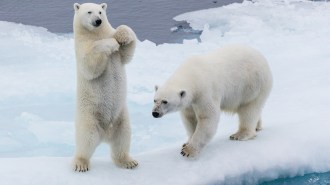 Animals
AnimalsHere’s how polar bears might get traction on snow
Microstructures on the Arctic animals’ paws might offer extra friction that keeps them from slipping on snow, a new study reports.
By Meghan Rosen -
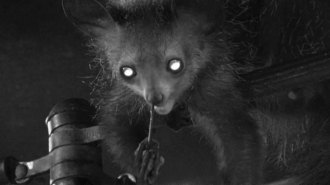 Animals
AnimalsBizarre aye-aye primates take nose picking to the extreme
A nose-picking aye-aye’s spindly middle finger probably reaches all the way to the back of the throat, CT scans suggest.
-
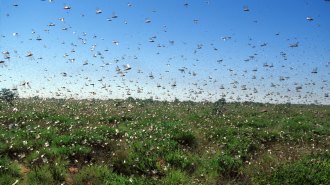 Animals
AnimalsInsect swarms might generate as much electric charge as storm clouds
Honeybees flying over a sensor measuring atmospheric voltage sparked a look into how insect-induced static electricity might affect the atmosphere.
-
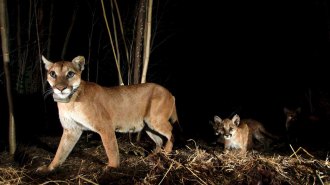 Animals
AnimalsMountain lions pushed out by wildfires take more risks
A study tracking mountain lions showed that after an intense burn, the big cats crossed roads more often, raising the risk of becoming roadkill.
-
 Psychology
PsychologyA new treatment for debilitating nightmares offers sweeter dreams
A new study combines standard nightmare disorder therapy with a memory-enhancing technique to create happier dreams and bring greater, lasting relief.
-
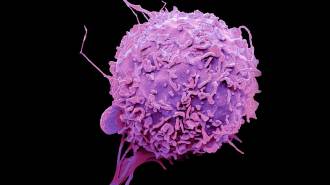 Health & Medicine
Health & MedicineNeed a fall read? ‘The Song of the Cell’ offers tales from biology and history
Siddhartha Mukherjee’s new book, The Song of the Cell, explores the world of cell biology through the lens of scientists, doctors and patients.
By Meghan Rosen -
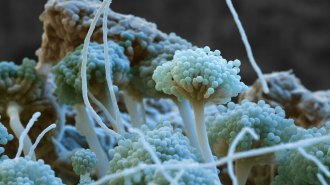 Microbes
MicrobesHow fungi make potent toxins that can contaminate food
Genetically engineering Aspergillus fungi to delete certain proteins stops the production of mycotoxins that can be dangerous to human health.
-
 Environment
EnvironmentHeat waves in U.S. rivers are on the rise. Here’s why that’s a problem
In recent years, heat waves in U.S. rivers have gotten more frequent, causing trouble for fish, plants and water quality.
By Jude Coleman -
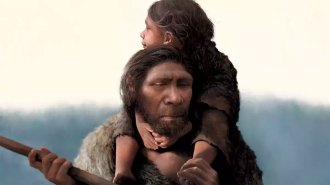 Genetics
GeneticsAncient DNA unveils Siberian Neandertals’ small-scale social lives
Females often moved into their mate’s communities, which totaled about 20 individuals, researchers say.
By Bruce Bower